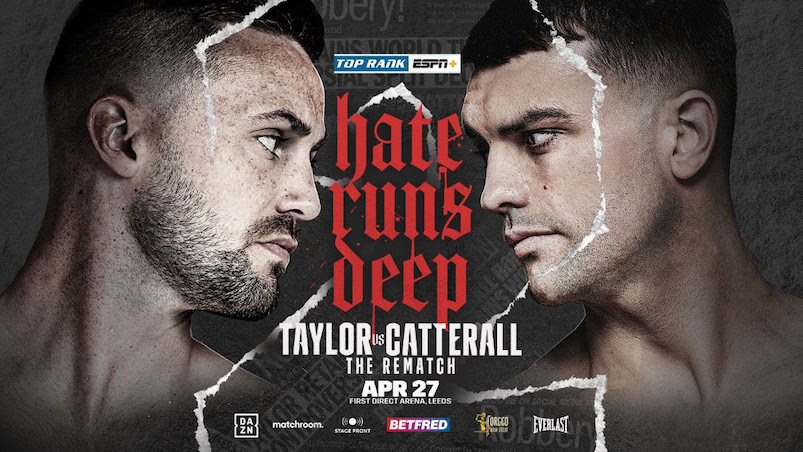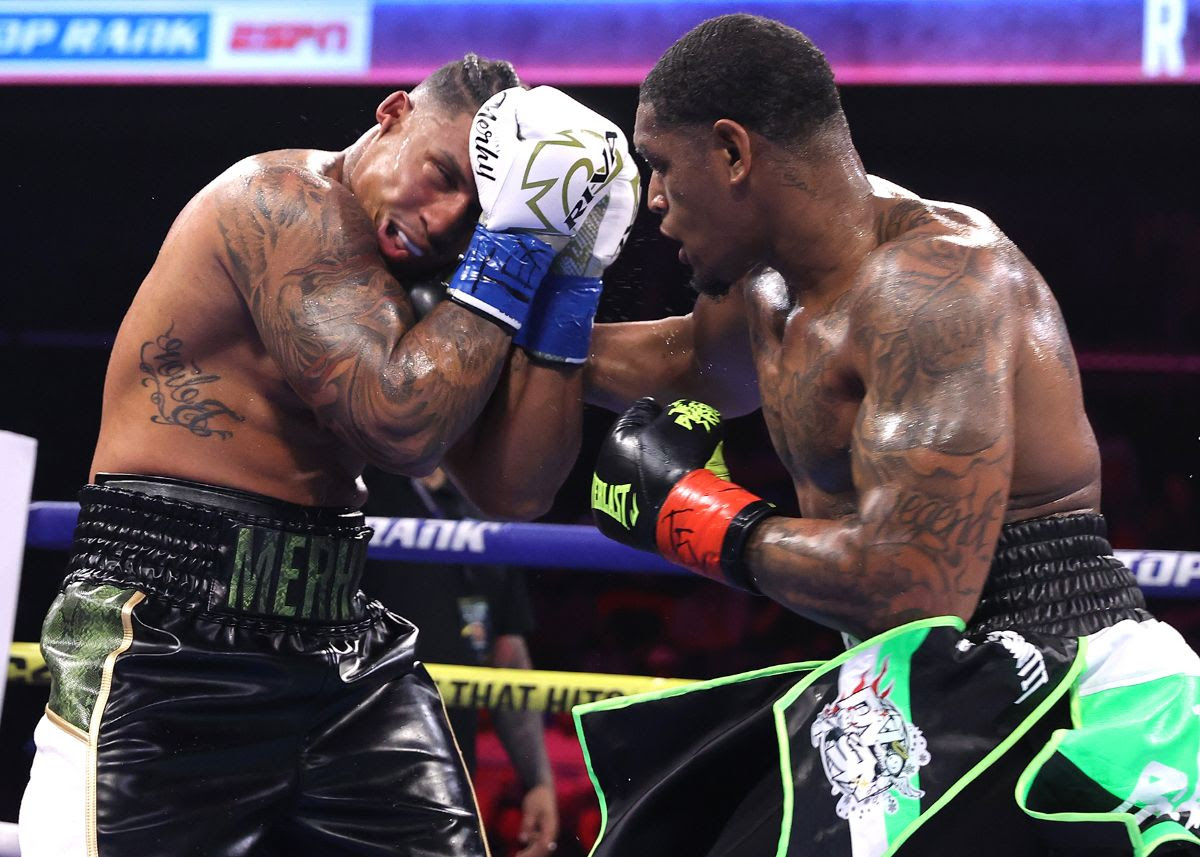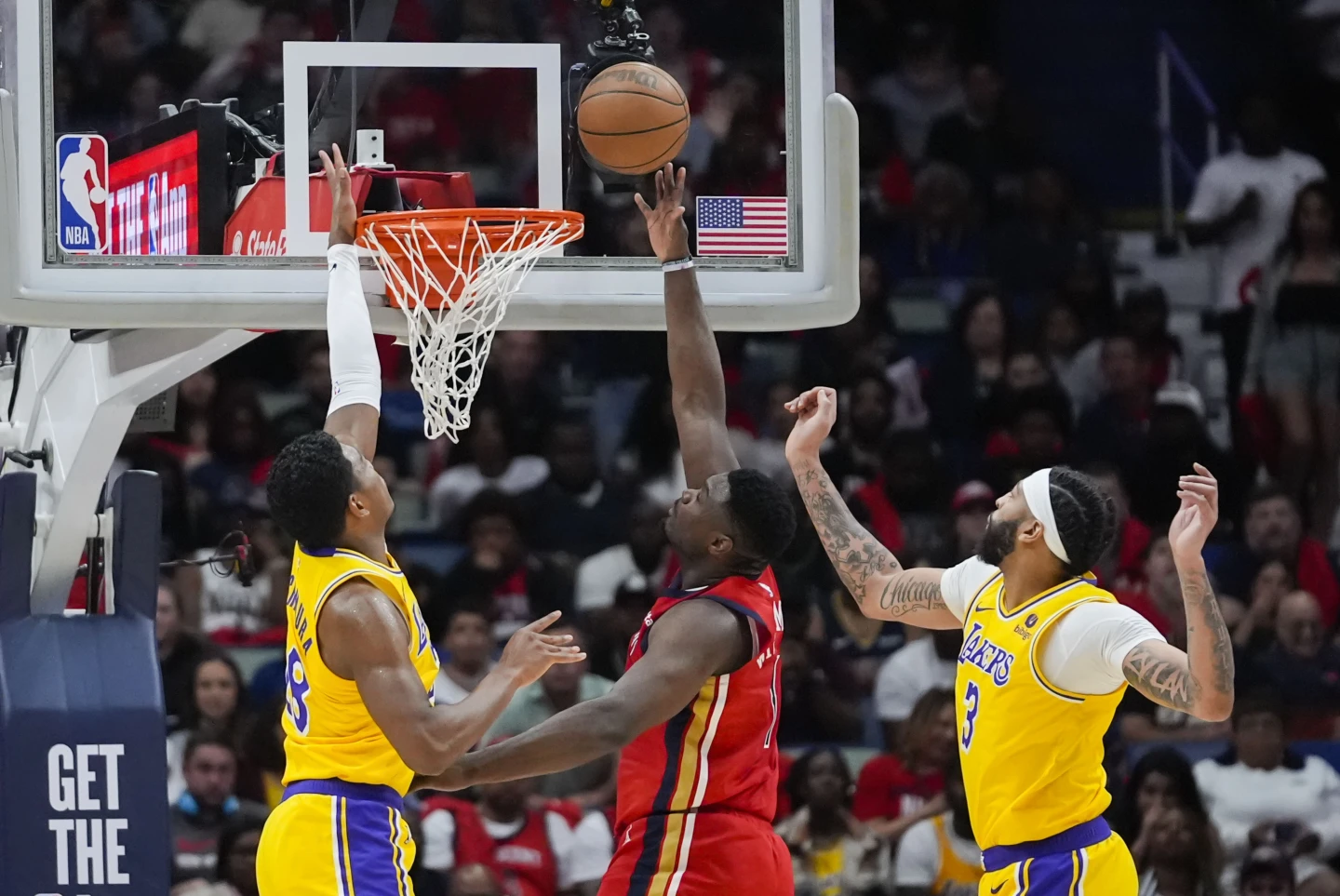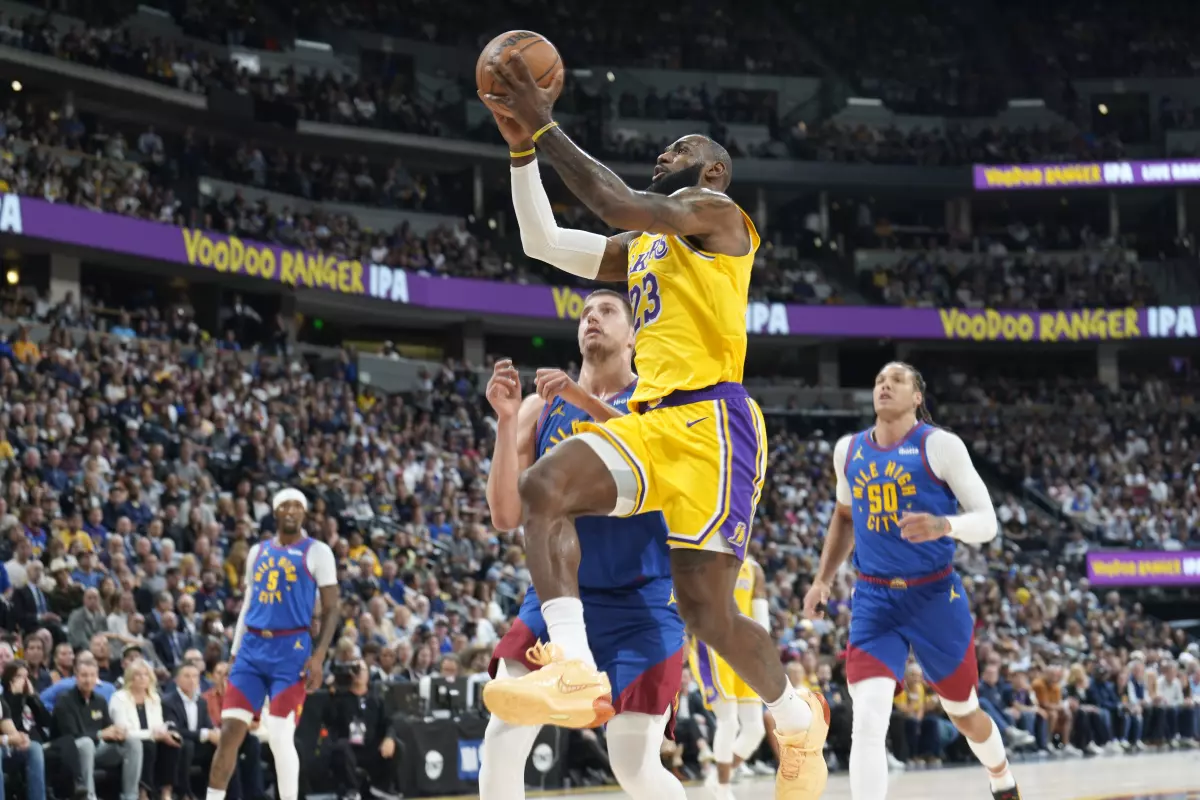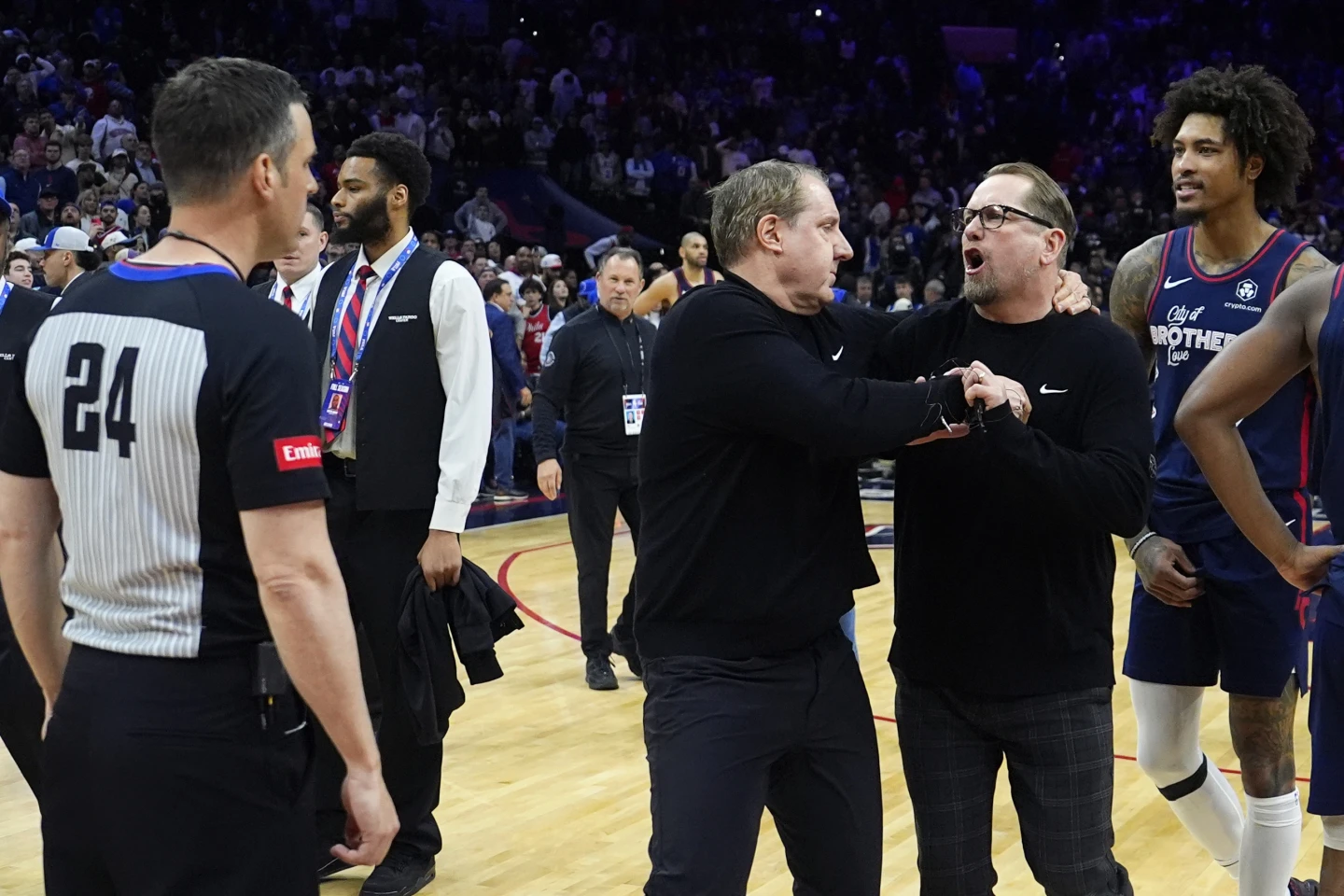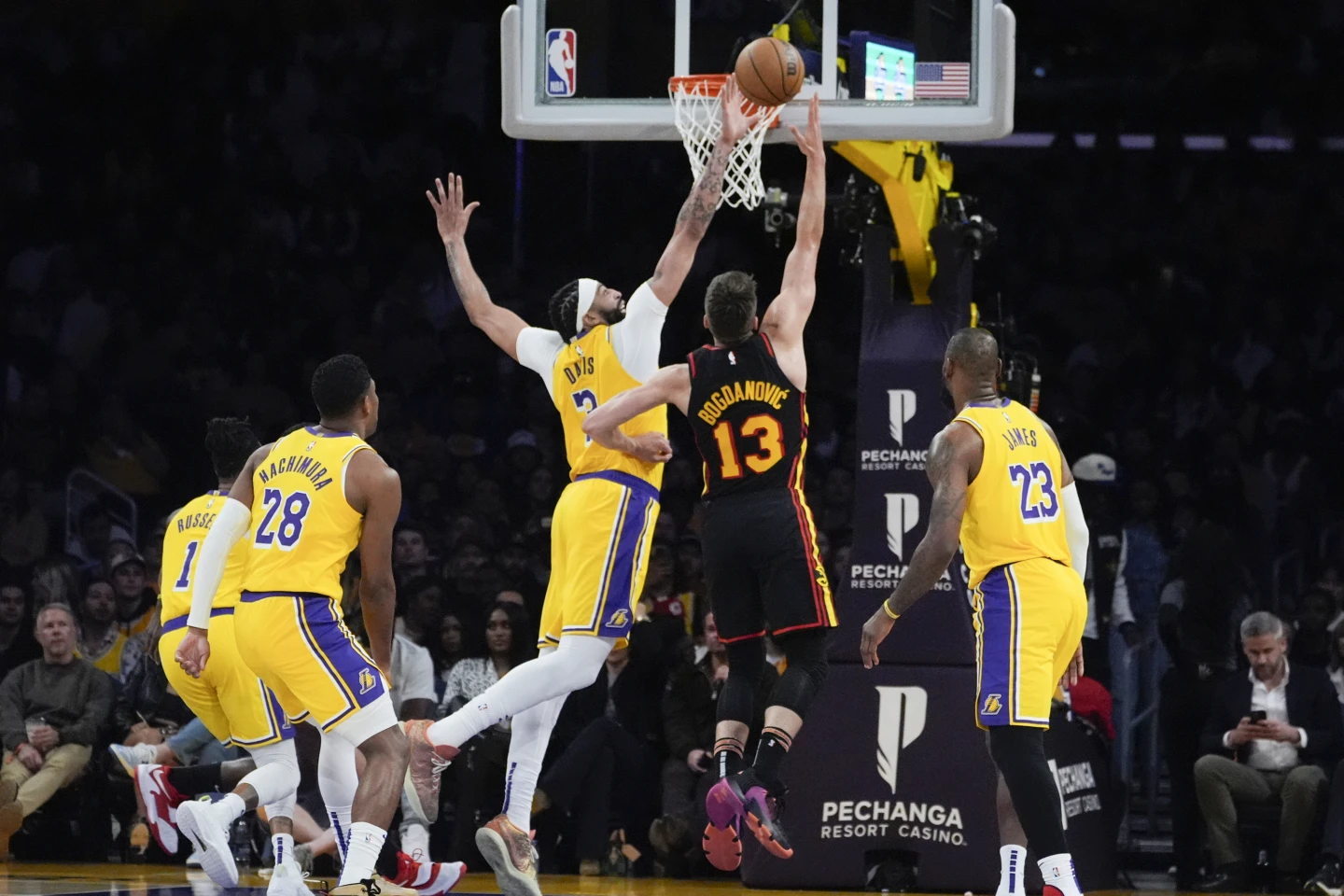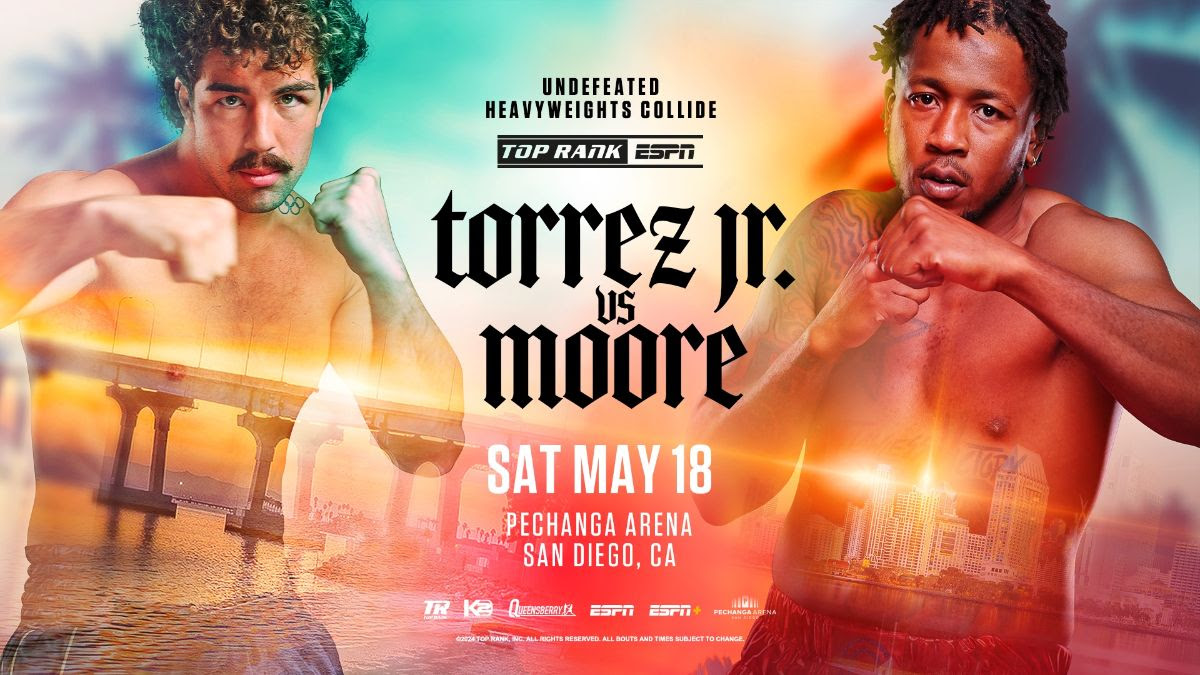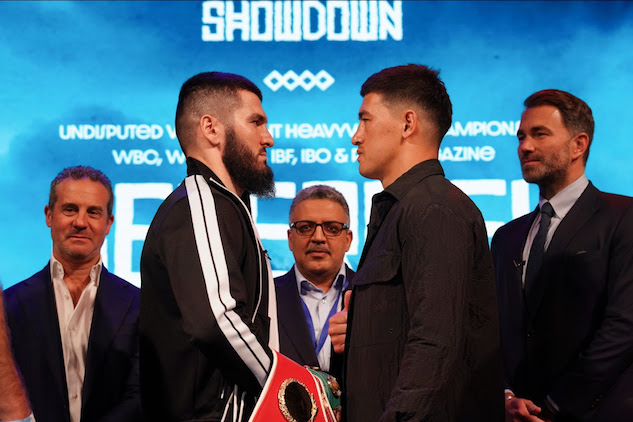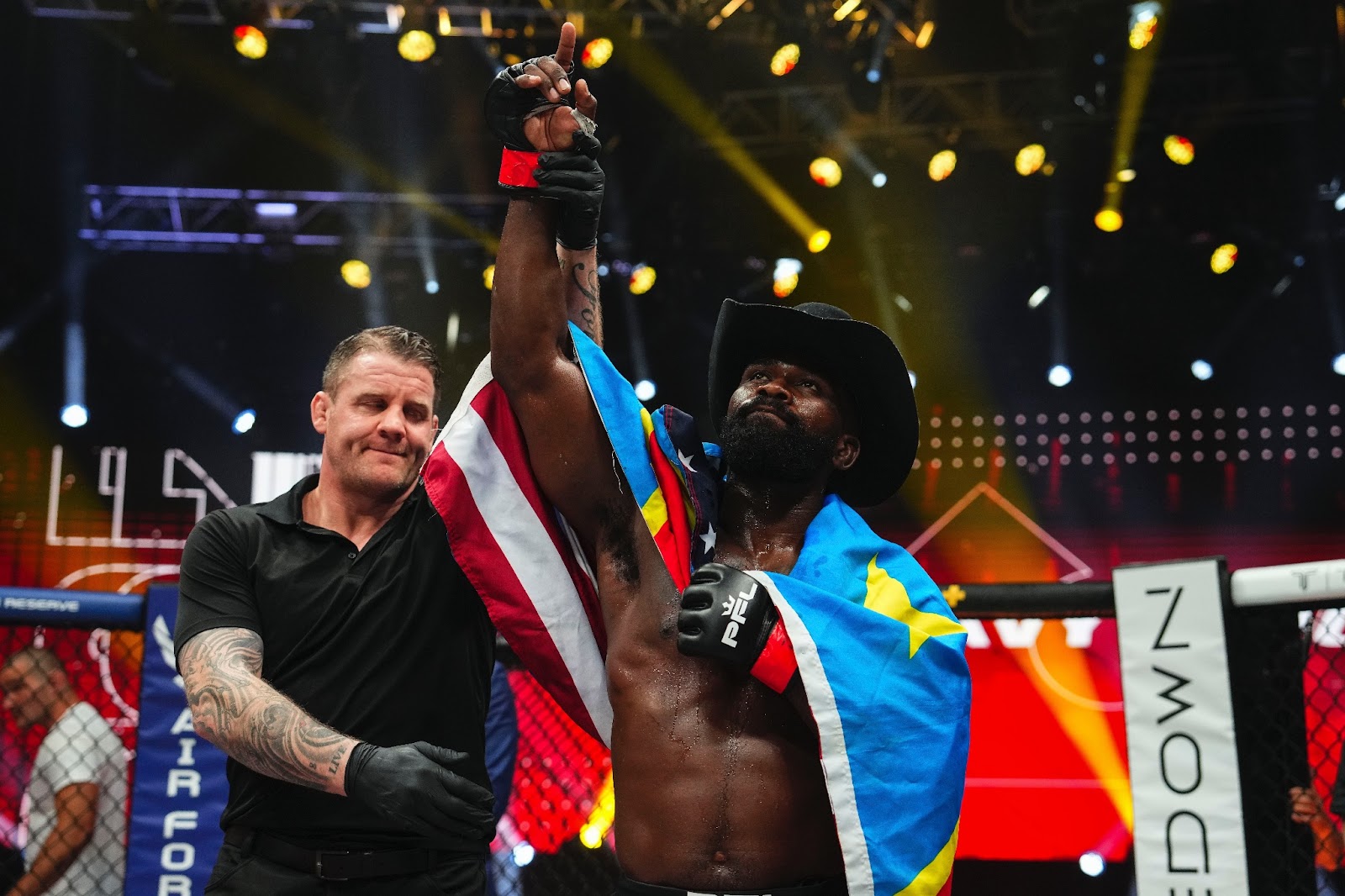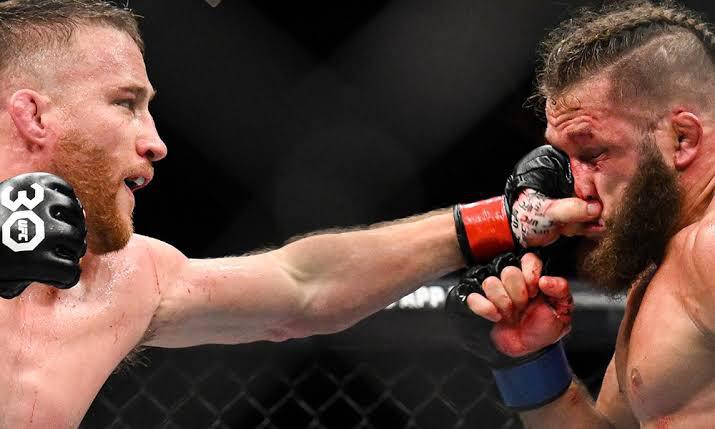The $4 billion sale of the UFC to WME-IMG not only proved the financial viability of the company in the sports market, but it also raised several questions by fighters about the pay they are receiving for services rendered.
Fighter salaries have always been a hot topic of discussion, but lately there have been more than a few outspoken voices asking for more than what was being paid.
Former UFC middleweight champion Luke Rockhold called his salary "bull (expletive)" until recently negotiating for a new deal. Native New Yorker Al Iaquinta refused to sign a bout agreement to face Thiago Alves at UFC 205 being held at Madison Square Garden after a contract dispute over his current pay.
For his part, UFC president Dana White defended the current pay structure in the promotion when speaking to CNBC on Monday.
According to White, the superstars who bring in the most money also leave the biggest paychecks and that's always been the way of the world when it comes to the UFC and fighter pay.
"There's different level fights," White explained
"When you fight on pay-per-view and you're a star — basically in this sport you eat what you kill. So the guys that bring in the majority of the revenue, make the majority of the revenue."
— Dana White
White also defended the fact that fighter pay in the UFC has been at a steady incline ever since his former partners Lorenzo and Frank Fertitta first bought the company for $2 million back in 2001.
In 2016, the UFC also paid out the first ever $1 million disclosed salary for a fight when Conor McGregor broke that barrier for his first bout against Nate Diaz at UFC 196.
Brock Lesnar then earned $2.5 million for his return at UFC 200 before McGregor then earned $3 million for his rematch with Diaz at UFC 202. For his part, Diaz also earned a disclosed $2 million for the second fight with McGregor.
Those figures also don't account for payouts from pay-per-view points, which can potentially add multi-millions depending on the success of a show.
"If you look at where the UFC came from and where we are today, the one number that's gone like this (pointing up) is fighter purses," White said.
The superstars in the UFC are certainly capable of earning seven-figures these days, but there are still plenty of concerns that have been raised by other fighters on the roster who have been champions or top contenders in the sport.
Whether or not that translates into a change in overall pay remains to be seen.


